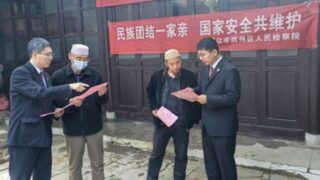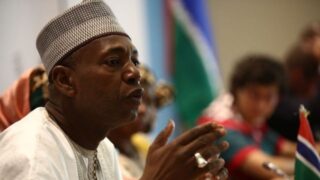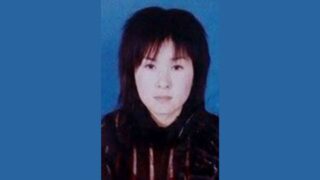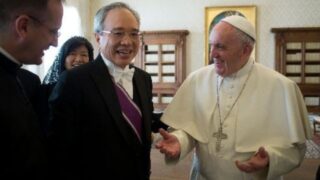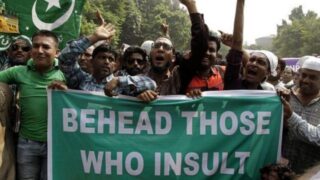Two U.S. documents reminded us this month that Cuba remains among the worst countries of the world when it comes to religious liberty.
by Massimo Introvigne
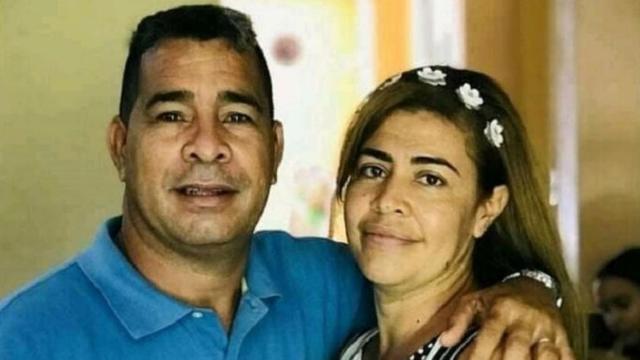

China, Russia, North Korea, Iran… When we consider the worst situations of systematic violation of religious liberty we tend to forget one country, Cuba. The crimes of the Cuban regime are somewhat overshadowed by the more bloody deeds of other governments, some of them sharing with Cuba a Communist and Marxist ideological background. Yet, Cuba should not be forgotten.
In December 2022, the United States produced two official documents reminding the world of Cuba’s high rank among the religious persecution villains. First, on December 5, the U.S. Department of State designated Cuba as a “country of particular concern” for freedom of religion or belief (FoRB), including it in the “elite club” of twelve nations where violations of religious liberty are “particularly severe.” This list of shame includes Burma, China, Cuba, Eritrea, Iran, Nicaragua, North Korea, Pakistan, Russia, Saudi Arabia, Tajikistan, and Turkmenistan.
Second, on December 21, the U.S. Commission on International Religious Freedom (USCIRF), whose members are selected by the congressional leaders of both main American parties and designated by the President, unveiled a report about religious liberty in Cuba, concluding that its government exercises an “extraconstitutional control over religious groups, arbitrarily limiting the exercise of FoRB without regard for constitutional guarantees. Religious communities and individuals who do not submit to government control face persistent acts of persecution.”
Although the 2019 Cuban Constitution officially recognizes religious freedom, in practice all religions should submit to the tight control of the Office of Religious Affairs (ORA) of the Central Committee of the Cuban Communist Party. All religious communities should register with the ORA, which can arbitrarily deny registration to groups the regime does not like.
The new 2022 law on the family makes the situation worse, because it allows for children to be taken away from their homes and parents, if the latter fail to teach them “love of the homeland, respect for its symbols, and respect for the authorities.”
On July 11, 2021, just as it happened in China more recently, Cubans took to the street to protest the COVID-19-related restrictions and consequent economic crisis. The protest escalated to one demanding democracy. The regime reacted by detaining some 700 community leaders, many of them religious figures. Among those detained were Reverend Yordanys Díaz Arteaga, the President of the Christian Reformed Church of Cuba, Catholic priest Father Amed Acosta Hernández, evangelical couple Pastors Mario Jorge Travieso and Velmis Adriana Medina Mariño.


In subsequent months, the regime targeted religionists who were traveling abroad, including Catholic layman Dagoberto Valdés and his son, Javier Valdés Delgado, and Imam Abu Duyanah, of the Cuban Association for the Dissemination of Islam, who was prevented from traveling to Mecca.
Catholic priest Father David Pantaleón, head of Cuba’s Jesuit Order and president of the Conference of Religious Men and Women in Cuba (CONCUR), was forced to leave Cuba as his residence permit was not renewed. Pantaleón is a Dominican citizen, and the authorities explicitly told him that he was being kicked out of the country because of his criticism of the regime.


Pastor Carlos Sebastián Hernández Armas, secretary general of the Baptist Convention of Western Cuba, and Pastor Enrique de Jesús Fundora Pérez, of the Apostolic Movement, left Cuba in haste before being arrested.
Others were arrested and convicted on trumped-up charges, including that they resorted to violence during the 2021 protests. Pastor Lorenzo Rosales Fajardo of the Monte de Sion Independent Church was sentenced to eight years in jail (later reduced to seven). Leaders of the Santeria religion were also jailed, including Loreto Hernández García, who is in poor health. He was shortly transferred to a hospital, but was then taken back to jail.
“Egregious violations of religious freedom” continue in Cuba, hidden by a propaganda that insists on the (real or exaggerated) effectiveness of the island’s health system but ignores the dire situation of human rights.


